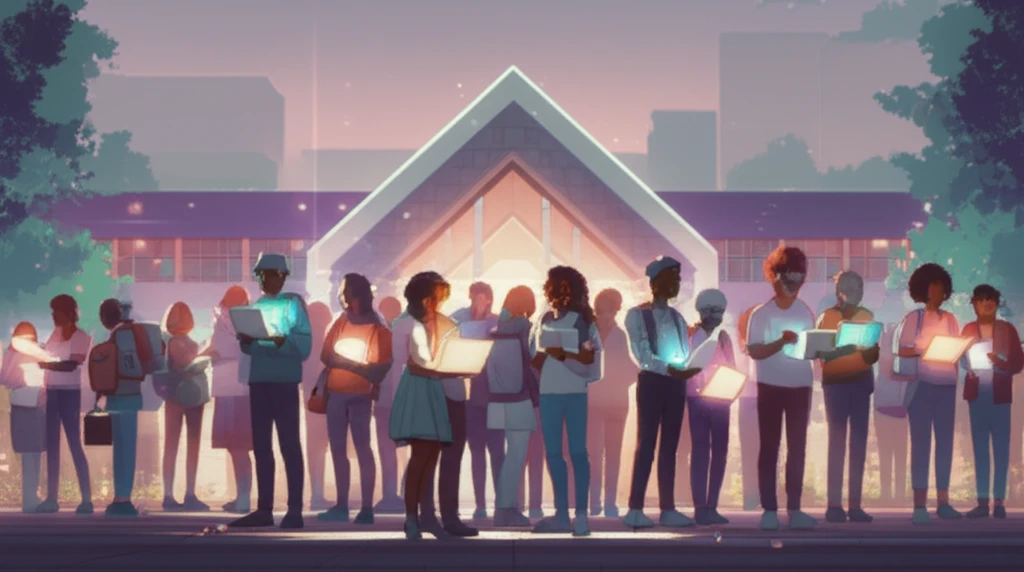
Higher Education Adapts: Community Colleges & Universities Navigate Modern Challenges
"From Facebook partnerships to free speech debates, how are colleges adapting to the evolving needs of students and society?"
The landscape of higher education is constantly shifting, influenced by technological advancements, socio-economic factors, and evolving societal expectations. Community colleges and universities are at the forefront of navigating these changes, implementing innovative strategies to enhance student access, ensure academic freedom, and address disparities in educational outcomes.
This article delves into several key developments in higher education, including Facebook's partnerships with community colleges, initiatives to boost low-income student enrollment, controversies surrounding tenure denials, free speech debates on campus, and ongoing efforts to close attainment gaps among different student populations. Each of these areas reflects the dynamic nature of higher education and the proactive measures institutions are taking to adapt and thrive.
By examining these diverse topics, we aim to provide insights into the challenges and opportunities facing higher education today, offering a comprehensive overview of how colleges and universities are responding to the needs of students and society in an ever-changing world.
Innovative Partnerships and Access Initiatives

One of the most significant trends in higher education is the forging of partnerships between institutions and tech companies to enhance educational offerings and expand access to digital skills. Facebook's initiative to provide digital training for one million individuals by 2020 exemplifies this trend. By partnering with community colleges, Facebook aims to deliver a digital marketing certificate program, leveraging its curriculum through established educational institutions. This collaboration not only enhances the skills of students but also provides community colleges with valuable resources to stay competitive in the digital age.
- Facebook Partnership: Facebook is collaborating with at least 15 community colleges to offer a digital marketing certificate program.
- Rutgers University-Camden: The "Bridging the Gap" program significantly increased student applications from 7,000 in 2016 to 8,700 in 2018.
Addressing Contemporary Challenges in Academia
From innovative partnerships and financial aid initiatives to debates around tenure and free speech, higher education institutions are actively addressing the challenges of the modern era. By prioritizing student access, academic freedom, and equitable outcomes, colleges and universities are working to create a more inclusive and dynamic learning environment for all.
